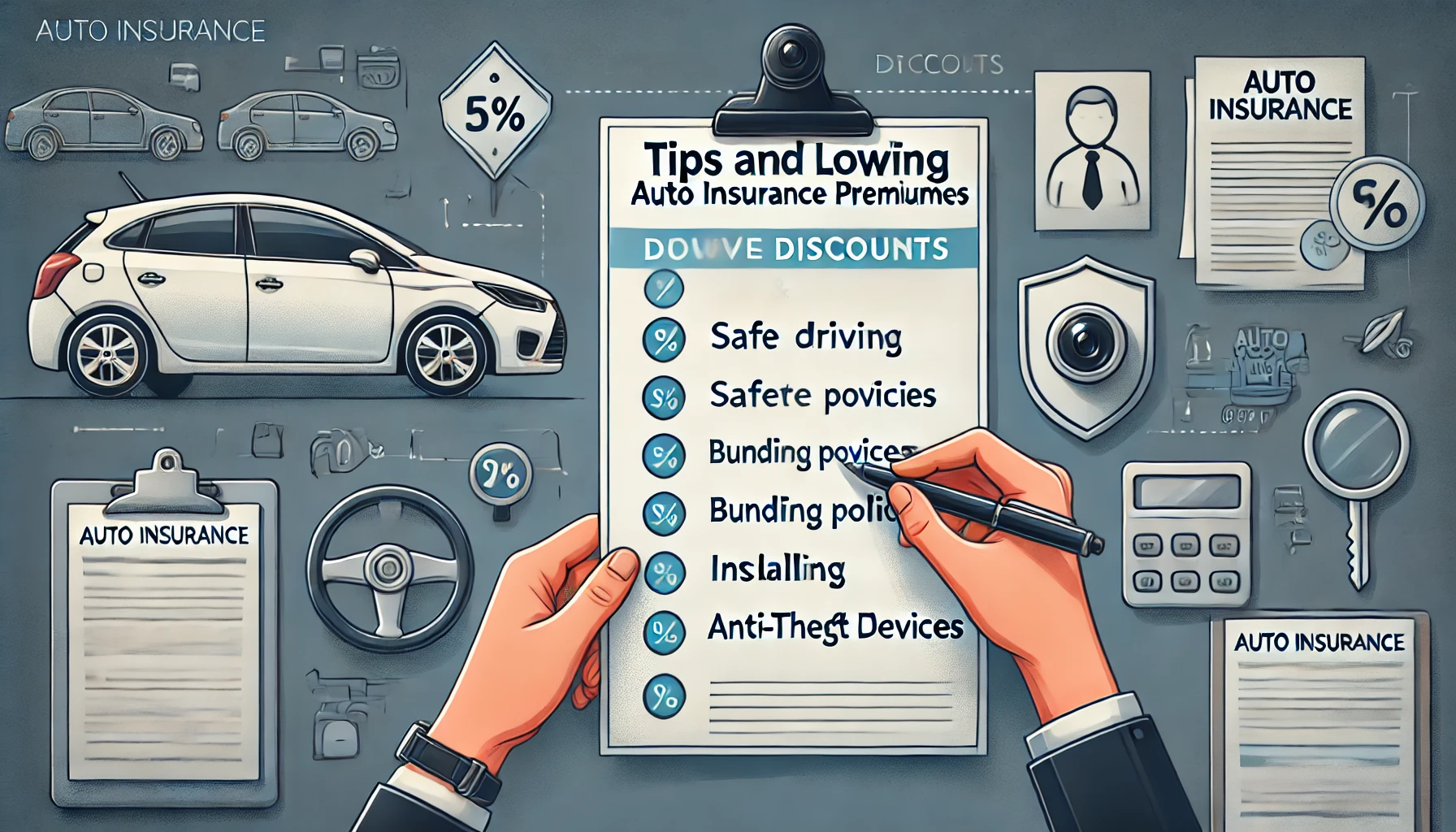Employer-sponsored life insurance, often referred to as group life insurance, is a valuable employee benefit that provides financial security to your loved ones in the event of your passing. This type of insurance is typically offered at little to no cost and can serve as a cornerstone of your financial planning. Here’s a detailed look at the benefits of getting life insurance through your employer.
1. Cost-Effective Coverage
One of the biggest advantages of employer-provided life insurance is that it’s highly affordable—or even free.
#1. What type of job are you looking for?
#2. What is your work experience level?
#3. What is your English level?
#4. Where are you willing to work?
#5. When can you start?
- How It Works:
- Employers often cover the full premium for a basic policy, which is usually a multiple of your annual salary (e.g., 1x or 2x).
- For additional coverage, you can often opt to purchase supplemental life insurance at a lower group rate.
- Benefit: This allows you to secure coverage without putting a strain on your personal finances.
2. Easy Enrollment Process
Enrolling in life insurance through your employer is straightforward and requires minimal paperwork.
- How It Works:
- During open enrollment, you can sign up for coverage without needing to undergo a medical exam.
- Coverage is typically automatic for new hires.
- Benefit: This is especially useful for individuals with pre-existing conditions who might face challenges obtaining traditional life insurance.
3. Guaranteed Coverage
Group life insurance through your employer usually offers guaranteed acceptance, meaning you don’t have to meet stringent health criteria.
- How It Works:
- Most policies provide coverage without health questions or exams.
- Coverage limits for guaranteed acceptance may vary (e.g., up to $50,000 or $100,000).
- Benefit: This ensures everyone, regardless of health status, has access to some level of life insurance.
4. Convenient Payroll Deductions
When you purchase supplemental coverage through your employer, premiums are deducted directly from your paycheck.
- How It Works:
- Premiums are automatically taken out, eliminating the need to manage separate payments.
- You’ll have a clear view of costs on your pay stub.
- Benefit: This simplifies budgeting and ensures you don’t miss a payment.
5. Additional Benefits and Riders
Employer-sponsored life insurance policies often include optional riders or additional benefits.
- Examples:
- Accidental Death and Dismemberment (AD&D): Provides extra coverage if death or injury is caused by an accident.
- Dependent Life Insurance: Covers your spouse or children for a small additional cost.
- Conversion Option: Allows you to convert your group policy to an individual policy if you leave the company.
- Benefit: These features enhance your coverage without requiring separate policies.
6. Acts as a Financial Safety Net
Even if it’s not your primary life insurance policy, employer-sponsored coverage serves as a valuable financial backup.
- How It Works:
- Basic policies offer immediate protection while you explore other options.
- It can supplement an individual policy for added peace of mind.
- Benefit: This ensures your family has some financial support in case of an unexpected event.
Limitations to Consider
While there are many benefits, it’s essential to understand the limitations of employer-sponsored life insurance.
- Coverage May Be Limited:
- Policies typically offer coverage equal to 1–2 times your salary, which might not be sufficient for long-term needs.
- Tied to Employment:
- If you leave your job, your coverage may end unless you opt for a conversion policy, which can be more expensive.
- Supplemental Coverage Costs:
- While basic coverage is often free, supplemental coverage can be costly and might not offer the best rates compared to individual policies.
How to Maximize Employer-Provided Life Insurance
- Assess Your Needs: Determine if the coverage amount is enough to meet your family’s financial needs.
- Consider Supplemental Insurance: If the base policy isn’t sufficient, explore adding supplemental coverage.
- Review Policy Details: Understand any exclusions or limitations, such as the impact of pre-existing conditions or job termination.
- Combine with Individual Coverage: Use employer-provided insurance as a foundation and supplement it with an individual policy for comprehensive protection.
Frequently Asked Questions (FAQs)
1. Is employer-sponsored life insurance enough?
For most people, employer-provided life insurance is a good start but may not be sufficient to cover long-term financial needs like mortgages or education costs.
2. Can I keep my employer-provided life insurance if I leave my job?
Some policies allow for portability or conversion to an individual policy, but this often comes at a higher cost.
3. Does employer-sponsored life insurance cover my family?
Basic coverage usually applies to the employee, but many employers offer options to add coverage for dependents.
4. How do I know if I qualify for guaranteed coverage?
Most employer-sponsored plans provide guaranteed acceptance during initial enrollment or open enrollment periods.
5. Can I combine employer life insurance with an individual policy?
Yes, combining policies can provide comprehensive coverage tailored to your financial needs.
6. Are there any tax benefits to employer-provided life insurance?
Premiums for group life insurance up to $50,000 are typically tax-free to the employee. However, additional coverage may have tax implications.
Conclusion
Employer-sponsored life insurance is a cost-effective and convenient way to secure financial protection for your family. While it might not cover all your needs, it’s an excellent starting point for building a comprehensive life insurance plan. By understanding its benefits and limitations, you can make informed decisions to ensure your loved ones are financially secure.











